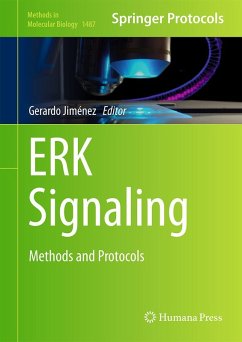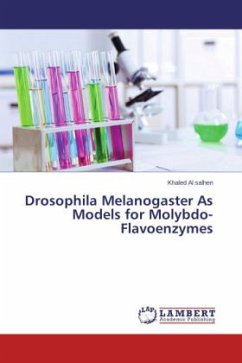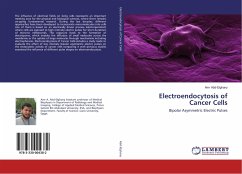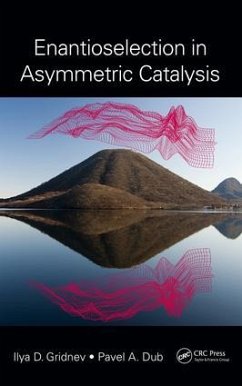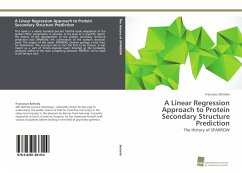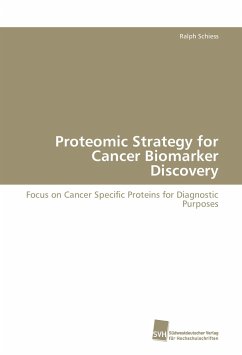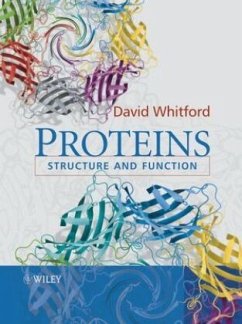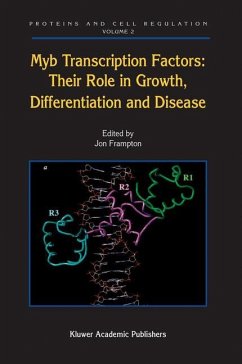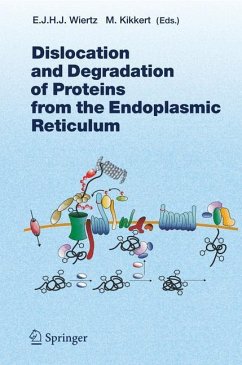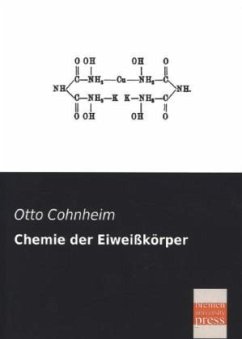
Asymmetric Cell Division in Drosophila melanogaster Neuroblasts
Identification of Miranda Associated Proteins and RNA in Drosophila melanogaster Neuroblasts
Versandkostenfrei!
Versandfertig in 6-10 Tagen
53,90 €
inkl. MwSt.

PAYBACK Punkte
0 °P sammeln!
Asymmetric cell divisions generate cell diversity. Drosophila neuroblasts divide in an asymmetric manner to generate another neuroblast and a differentiating ganglion mother cell. The adaptor protein Miranda plays a crucial role in creating intrinsic differences in the two daughter cells by asymmetrically localizing key differentiation factors. This thesis describes the identification of potential new components of Miranda complexes. The performed experiments provide a starting point for further investigations on the role of the versatile and multifunctional Miranda protein in Drosophila melan...
Asymmetric cell divisions generate cell diversity. Drosophila neuroblasts divide in an asymmetric manner to generate another neuroblast and a differentiating ganglion mother cell. The adaptor protein Miranda plays a crucial role in creating intrinsic differences in the two daughter cells by asymmetrically localizing key differentiation factors. This thesis describes the identification of potential new components of Miranda complexes. The performed experiments provide a starting point for further investigations on the role of the versatile and multifunctional Miranda protein in Drosophila melanogaster development.



